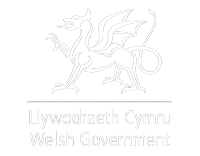In terms of agricultural policy, the action over the past month has been in the trade sphere. The UK has signed three important deals with (in chronological order) India, the US, and the EU. These all have implications for agriculture which are set out in the following sections. The UK Government has stated that its next target is to secure a deal with the Gulf Cooperation Council (GCC).
India
Announced on the 6th May, this was hailed as the most substantial trade deal for the UK since it left the EU. Its key provisions relating to farming and food include:
- Lamb exports: India has eliminated its 33% tariff on UK lamb, providing immediate tariff-free access. India has a growing demand for high-quality lamb products although the UK will face competition from Australia and New Zealand
- Whisky and gin: tariffs on UK exports to India will be reduced from 150% to 75% immediately, with a further reduction to 40% over 10 years. This has the potential to significantly boost exports. This would have positive implications for growers of malting barley across the UK
- Other UK agri-food exports: tariffs will also be reduced on UK exports such as salmon, chocolate, biscuits, and soft drinks. This should further enhance their competitiveness in the Indian market, especially for higher quality niches
- Indian exports to the UK: the UK has agreed to remove tariffs on 99% of Indian exports, including agri-food products such as frozen prawns. Importantly, such imports will have to meet UK sanitary and phytosanitary standards
The US
The UK and US deal was announced on 8th May. This should lessen the effects of the US tariffs imposed in early April. The deal covers various sectors, particularly automotive which is of prime importance to the UK Government. The key agricultural provisions include:
- Beef Market Access: the agreement establishes a reciprocal tariff-free quota of 13,000 metric tonnes for hormone-free beef. This allows both UK and US producers enhanced access to each other’s markets
- Bio-ethanol Imports: the UK has agreed to eliminate tariffs on up to 1.4 billion litres of US ethanol. This move is anticipated to benefit US ethanol producers and is seen by UK industry stakeholders (e.g. NFU) as a significant threat as it removes the UK Global Tariff (£16 per hecto-litre (100 litres) – which equates to tariff of approximately 20%). This puts into doubt the future of the Ensus and Vivergo plants in the North East
- Whisky: the ‘Universal’ 10% tariff imposed by the US on alcoholic beverages, including Scotch whisky, remains in place. So UK whisky exporters have not gained any new advantages as a result of this deal
- Food Safety Standards: crucially, the UK maintains its ban on imports of hormone-treated beef and chlorinated chicken.
Both the UK Government and the US Administration claim that this is a significant new trade deal. However, it was negotiated in haste and has been introduced to largely mitigate the impact of the tariffs announced by the US in early April; with some additional provisions relating to agriculture as outlined above. It may be a staging post for further deals in the future.
EU
The final deal announced this month was with the EU – on the 19th May. It is seen as a ‘reset’ in relations after the wranglings of the last decade. Importantly, the UK is not returning to the Single Market nor the Customs Union. However, the deal suggests closer ties in many areas including defence, youth mobility, travel, and emissions trading.
The main point for farming is a Sanitary and Phytosanitary (SPS) agreement on food. This should reduce friction on agri-food trade. It includes the introduction of a common UK-EU SPS Zone. This would facilitate the movement of animals, animal products, plants, and plant products between Great Britain (GB) and the EU. This would result in minimal checks and certifications, and, in some cases, checks and certifications being removed altogether. To allow this to happen, the UK has committed to aligning its SPS standards ‘dynamically’ with those of the EU. This means that UK regulations will evolve in tandem with EU rules. The details around this need to be finalised. One example of an area of uncertainty is around gene editing – what if the UK presses-on with allowing food to be produced using this technology, but the EU does not?
If you found this article useful, there are numerous additional articles published each month on our Professional Update bulletin service. You can access a no obligation 90-day free trial via the link below.
Sign up to the Professional Update

















